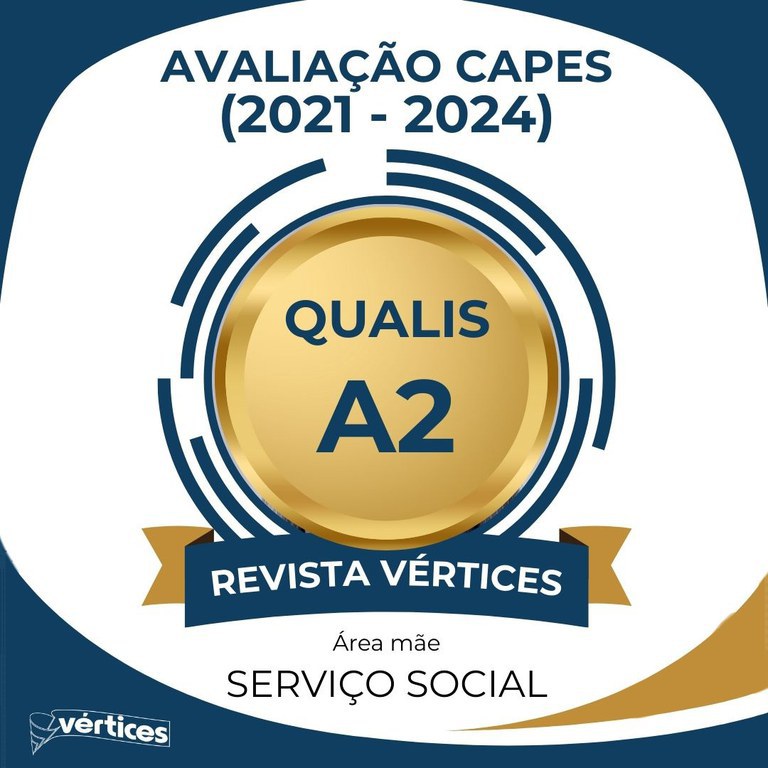I read. You read? Challenges and possibilities in working with literary literacy
DOI:
https://doi.org/10.19180/1809-2667.v19n12017p59-75Keywords:
Reading, Mediation, Literature literacyAbstract
This article is the result of a project linked to the Institutional Program of Scientific Initiation Scholarships for Higher Education (PIBIC-EM). The program’s objective was to analyze the contributing factors for the process of reading literacy training in order to verify how young people make their choices of literary texts, as well as know the difficulties and facilities they face in contact with these genres. To do so, we used the quantitative qualitative research through the application of a questionnaire, consisting of open questions, and applied to the students of the Integrated in Information Technology and Integrated Technician in the Environment of the Federal Institute of Education, Science and Technology of Paraíba (IFPB)/campus Sousa courses. We also analyzed the perceptions derived from the observations of the Reader Club of the same campus, in an attempt to verify how the intervention of activities that mediate literary literacy favors the stimulus to the reading formation. Based on the data analysis, we observed that the student's distance element from reading is the lack of incentive, that is, the construction of an atmosphere that surrounds him, both in the classroom and in the other environments that welcome him. To overcome this, it is necessary for the teacher to have a theoretical-methodological apparatus guiding in his classes, since mediation favors literary literacy, having as support the Receptional Method and a conception of reading that articulates the interactional to the discursive, helping in the organization and selection of texts, in order to achieve the objectives of the formation of the reader.Downloads
Published
Issue
Section
License
The authors of the manuscript submitted to Vértices, hereby represented by the corresponding author, agree to the following terms:
The authors retain the copyright and grant Vértices the right of first publication.
At the same time the work is licensed under the Creative Commons Attribution 4.0 International License, allowing third parties to copy and redistribute the material in any medium or format and to remix, transform, and build upon its content for any legal purpose, even commercially, provided the original work is properly cited.
Authors will not receive any material reward for the manuscript and Essentia Editora will make it available online in Open Access mode, through its own system or other databases.
Authors are authorized to enter into additional contracts separately for non-exclusive distribution of the version of the work published in Vértices (eg, publish in institutional repository or as book chapter), with acknowledgment of authorship and initial publication in this journal.
Authors are permitted and encouraged to disseminate and distribute the post-print (ie final draft post-refereeing) or publisher's version/PDF at online information sources (eg, in institutional repositories or on their personal page) at any time after the first publication of the article by Vértices.
Essentia Editora may make normative, orthographic and grammatical changes in the originals in order to maintain the standard language, with the final consent of the authors.
The content and opinions expressed in the manuscript are the sole responsibility of the author (s).
























1.png)



